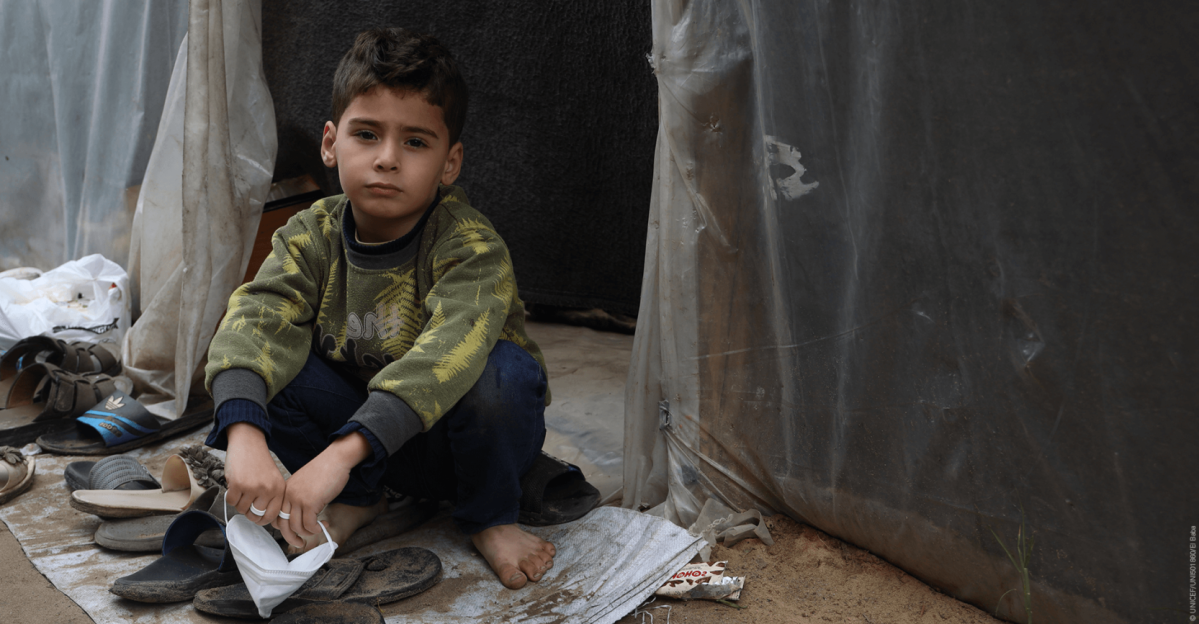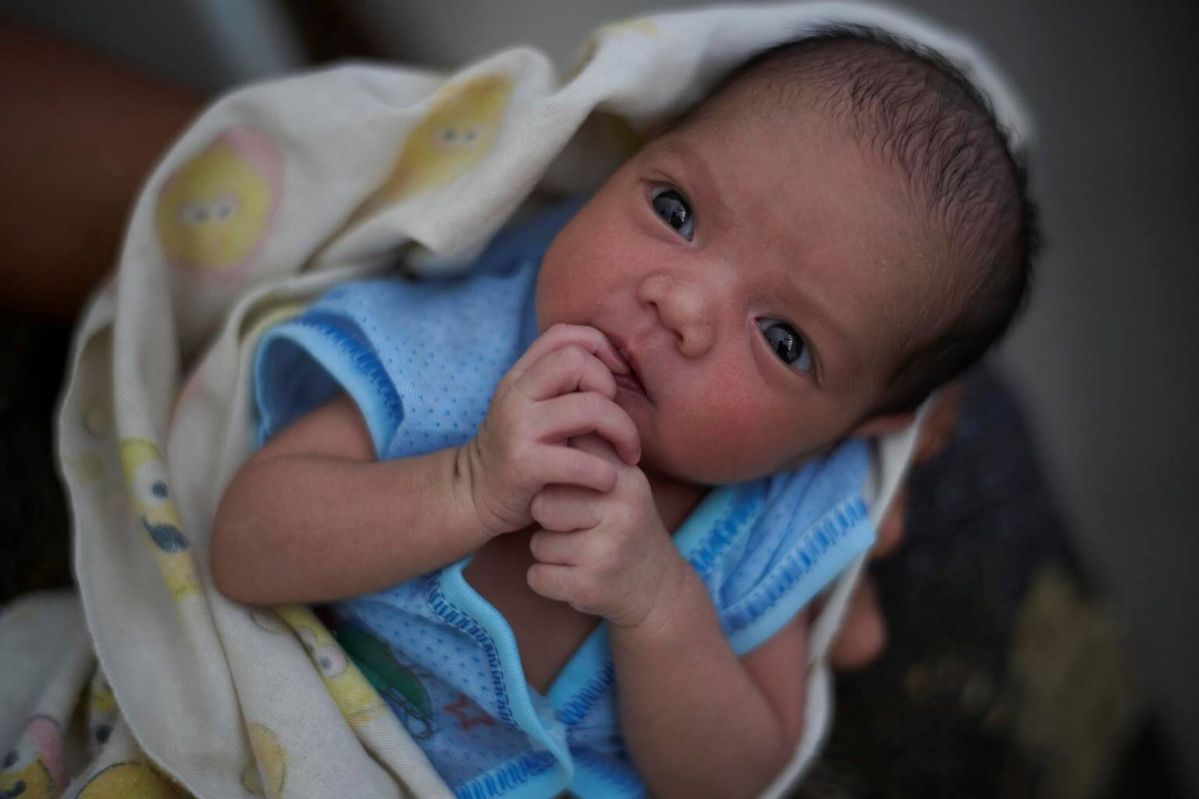
OVER 200 DAYS OF WAR IN GAZA
Since 7 October 2023, over 14,000 children have been killed and thousands more injured. Without immediate lifesaving support, which is desperately close across the border, more children will die as Gaza edges on the brink of famine. Children in Gaza are starving. Deprived of essential food, clean water and health care, they are wasting away, and this is on top of being exposed to deeply distressing events and trauma marked by widespread destruction, relentless attacks and displacement. Now is not the time to look away. Children caught in this man-made catastrophe need us more than ever.

You can also make a donation directly to UNICEF's bank accounts
National Bank of Greece
ΙΒΑΝ GR1601100800000008001697815
SWIFT BIC: ETHNGRAA
CITIBANK
ΙΒΑΝ GR4408400010000000445450618
SWIFT BIC: CITIGRAAXXX
(Through Alpha Bank branches)